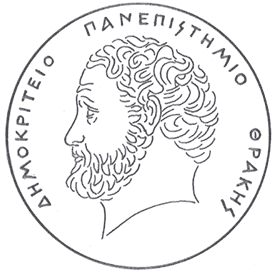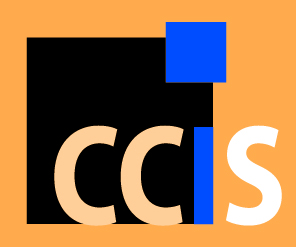Call for papers, workshops and tutorials
Authors are invited to submit electronically original, English-language research contributions or experience reports not concurrently submitted elsewhere. Papers should be no longer than 10 pages formatted according to the LNCS Springer style. The program committee may reject papers that exceed this length on the grounds of length alone. In the spirit of the previous EANN conferences, the paper should concentrate on the application rather than just the algorithm or the theory.
Submitted papers will be refereed by at least three reviewers for quality, correctness, originality, and relevance. Notification and reviews will be communicated via email. Accepted papers will be presented at the conference and included in the proceedings, which will be published by SPRINGER and they will be available on site. It is important though to follow the instructions in this page to ensure that your paper will be included in the proceedings.
Proposals for Workshops that examine emerging, innovative, or otherwise provocative issues within the conference area are encouraged as well. Workshop proposals should include a 1-2 page summary of the topic and the names and affiliations of 3-4 panelists who have made a commitment to participate. A mix of industry and academic panel members is recommended.
Please submit your Workshop proposals here
Proposals for 90-minute tutorials are also invited on topics within the conference area. Tutorial proposals must be at most 5 pages, they must identify the intended audience, and they must give enough material to provide a sense of what will be covered.
A fully electronic review process is being planned. Technical papers, panel and tutorial proposals should be submitted electronically. In particular, before submitting a paper (in pdf, postscript or MS Word), an author should submit an abstract (in order to get a paper id and a password), whereas panel and tutorial proposals should be sent by email to the PC chair.
A paper may not be included in the proceedings if the requirements are not met, or if the registration fee is not received by the deadline of the submission of the camera-ready.
Topics
Suggested topics include, but are not limited to, the following:
| Neural networks techniques | Research areas | Engineering Applications |
|
|
|




